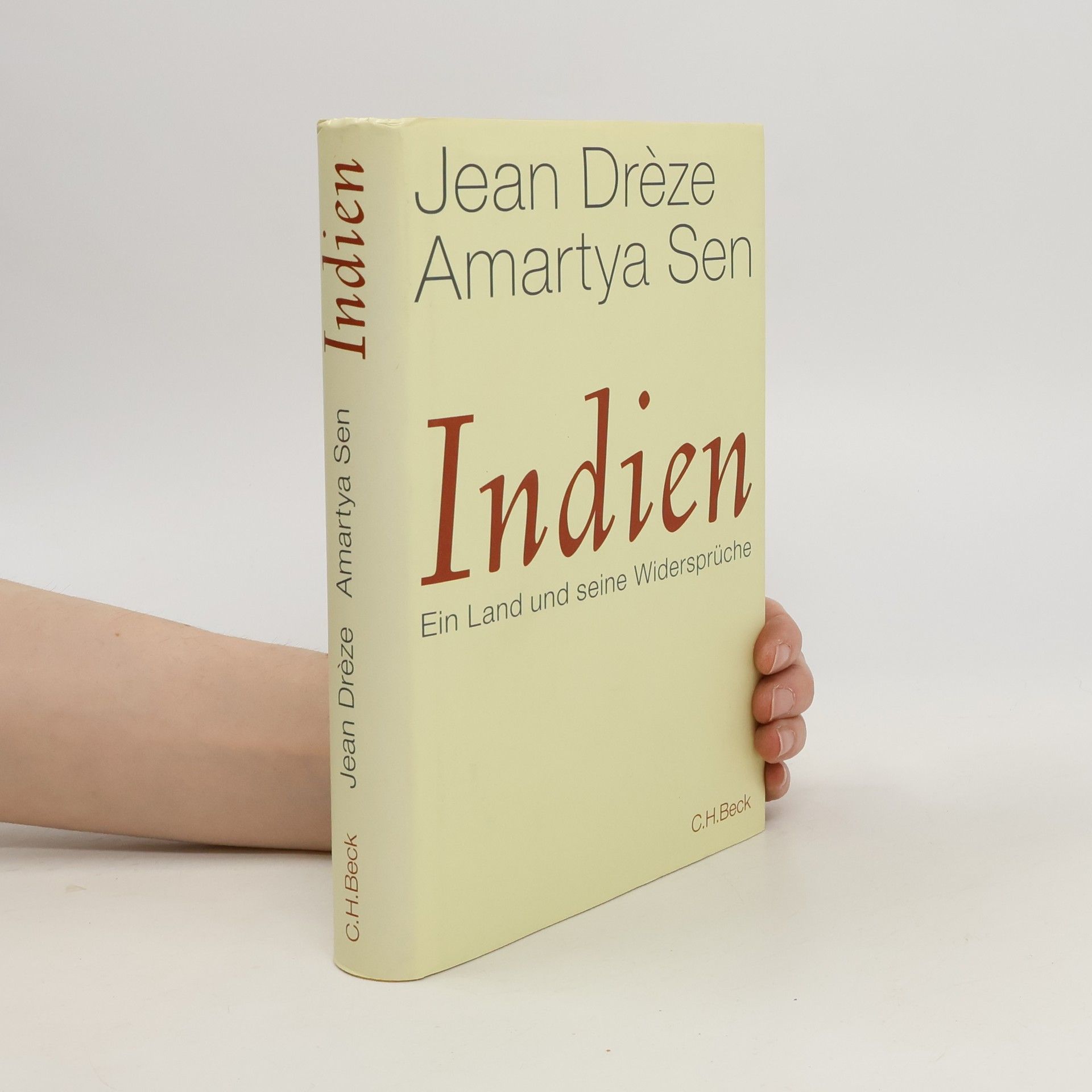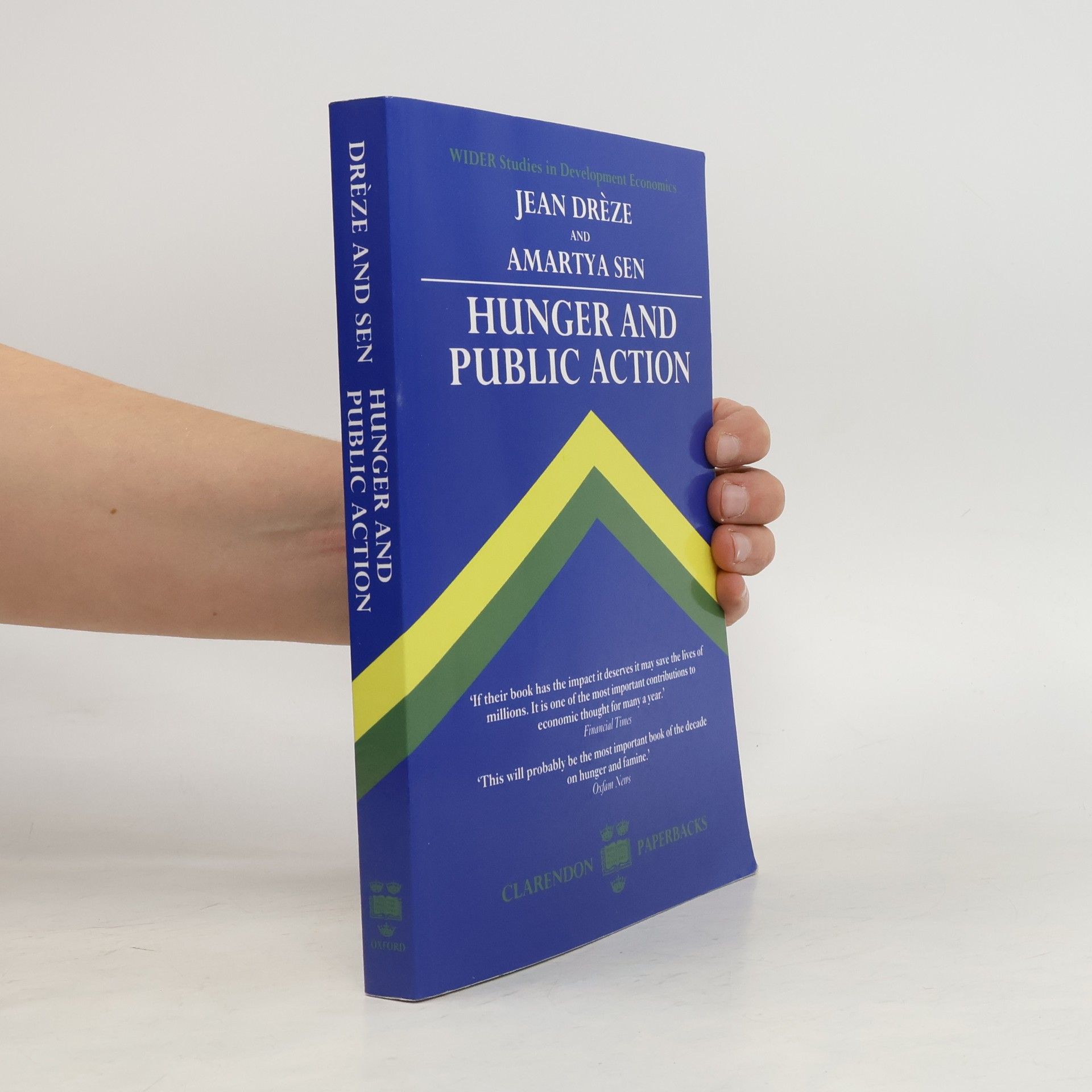Disintegration in Four Parts
- 208 pages
- 8 hours of reading
"'All purity is created by resemblance and disavowal.' With this sentence as a starting point, four authors each write a novella considering the concept of purity, all from astonishingly different angles. Jean Marc Ah-Sen writes about love blooming between two writers belonging to feuding literary movements. Emily Anglin explores an architect's search for her twin at a rural historic house. Devon Code documents the Wittgensteinian upheavals of the last days of an elderly woman. And Lee Henderson imagines Dada artist Kurt Schwitters finding unlikely inspiration in a Second World War internment camp in northern Norway. These four virtuoso pieces, like four suites of music, are a celebration of stylistic variation through literary consonance."-- Provided by publisher



